
The Russian Mafia
Private Protection in a New Market Economy
Read or listen offline
Amazon KindleRecommendation
Running a business in Russia is every bit as unsavory as you might imagine, according to Federico Varese's thoroughly researched look at that nation's organized (but not very organized) criminals. Even the lowliest shopkeeper faces shakedowns from drug addicts and teenage thugs, as well as bribe demands from tax collectors and police. In this chaotic climate, the protection racket thrives. Pay the right person, and not only will the shakedowns end – you might even gain a business partner and a fishing buddy. But the penalties for making the wrong move can be severe. One shopkeeper who refused to pay up was burned to death in his store. Varese offers an intricately detailed look at the realities of the Russian Mafia. His excellent reporting is undermined only by his frequently academic writing style. getAbstract recommends this guide to those who are doing business in Russia or who hope to. Caveat entrepreneur.
Summary
About the Author
Federico Varese, Ph.D., an academic expert on organized crime, is a professor of criminology at the University of Oxford. He has taught at Williams College and Yale University.








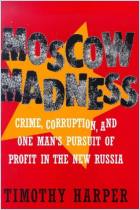
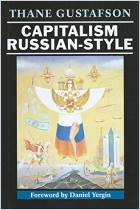
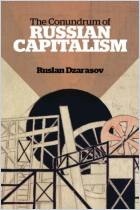
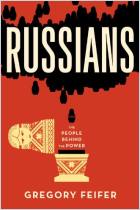
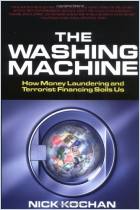
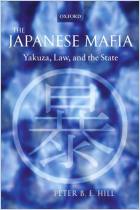



Comment on this summary or Начать обсуждение